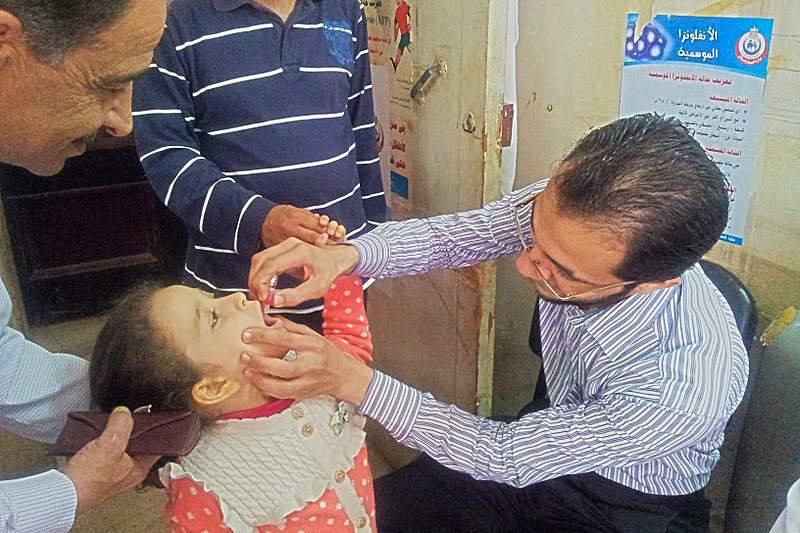
Being able to speak more than one language may help you think more clearly in later life, even if you’ve learned the second language as an adult, according to a new study.
“In previous studies, if bilinguals got dementia they got it four to five years later than monolinguals,” said author Dr. Thomas H. Bak of the University of Edinburgh Center for Cognitive Aging and Cognitive Epidemiology.
But it’s been hard to determine if mastering another tongue keeps brains active longer or if people who learn another language start off with different, or healthier, brains than those who don’t, he said.
“The big problem we didn’t know how to address was reverse causality,” Bak told Reuters Health. “That is a very difficult question to address, and we needed a very special population to do it.”
In the new study, older bilinguals performed better on cognitive tests than monolinguals, even when they had not scored better on intelligence testing decades earlier. That means that at least in part, learning another language does predict brain health in old age, Bak said.
“Probably the causality is going in both directions, but we showed that there is certainly an effect of bilingualism that cannot be explained by previous differences,” he said.
He and his team used an existing data set including 853 Scottish participants who were given an intelligence test in 1947 at age 11, and retested between 2008 and 2010 while in their seventies.
Of those, 262 had learned a language in addition to English, most before age 18, and only 90 were actively using the second language in 2008.
Even taking early intelligence scores into account, people who had learned a second language scored higher on reading, verbal fluency and general intelligence in old age than those who never did.
The relationship was the same for the 65 people who learned their second language after age 18, and seemed to get stronger with third, fourth and fifth languages, according to results in the Annals of Neurology.
“I think it’s a study that could only have been done really with this cohort, this Scottish group,” Fergus Craik said. “I’m not surprised at the effect but it’s excellent to have this evidence.”
Craik, who was not part of the new study, is a senior scientist at the Rotman Research Institute at the Baycrest academic health sciences center, affiliated with the University of Toronto.
There’s always a question of ‘which comes first,” bilingualism or better brains, Craik told Reuters Health.
But people by and large don’t become bilingual because they are interested or bright, but because they have to, he said.
“I don’t think there’s anything magic about learning languages,” Bak said. “Both mental and physical activity throughout the life are protective, and learning language is a very good form of brain training.”
Learning a second language improves certain mental functions, mostly those connected to the frontal lobe of the brain, but not all functions, Craik said.
“It does improve fluid intelligence and ‘executive functioning,’ because you have to control the two languages you know,” he said. “While you communicate in one language you’ve got to manage and control the other language.”
Speaking more than two languages may improve thinking even more, but that’s still a bit of an open question, Craik said.
For people who are beyond school age but are still interested in learning a second language, these results should be encouraging, Bak said. He wouldn’t recommend that people worried about dementia go out and learn another language as a precaution, but for those who are interested in language there may be unexpected benefits.
“I would not push it forward but if you leave the chance of many languages being spoken in the house, it could be great brain training and great fun,” he said.




